There’s still a lot to learn about COVID-19. Many medical experts are finding that COVID-19 can cause long-term damage to the body in a multitude of ways, potentially leading those who have had COVID-19 to become disabled. If you have contracted COVID-19, or if you are at a higher risk for long-term COVID-related complications, make sure you are prepared to handle the potential financial ramifications of becoming unable to work due to a COVID-19 related disability.
You may have long-term disability (“LTD”) insurance by virtue of your employment. If you do, it may be able to help you if you are unable to perform your job due to a COVID-related disability. In fact, we are learning from the insurance companies that short-term disability claims based on COVID-19 disability issues are now starting to turn into LTD claims.
You can bet that the insurance companies are closely monitoring the research developing around COVID-19 disabilities and may try to deny otherwise valid LTD claims to avoid the financial liability. If your STD or LTD claim has been denied and you are disabled from COVID-19, or if you just need help understanding your disability coverage, contact our Firm, and most importantly, do not give up.
Let’s review potential disabling conditions related to COVID-19, as well as how you should proceed if you are unable to perform your job due to a COVID-19 related disability.
What are the short-term effects of COVID-19?
The most common short-term side effects of COVID-19, according to the Centers for Disease Control and Prevention (“CDC”), are as follows:
- Fever
- Cough
- Difficulty breathing
- Fatigue
- Body aches
- Headaches
- Nausea
- Diarrhea
- Sore throat
These short-term symptoms are unpleasant and, in some cases, become life-threatening. If you are in a higher-risk demographic, these short-term symptoms may turn into disabling long-term conditions that keep you from doing your work or going about your normal life.
What are the long-term effects of COVID-19?
While COVID-19 often impacts the lungs, it can also cause serious long-term damage to other organs, such as the heart, brain, and kidneys. Emerging research is also finding that COVID-19 may trigger other more serious immune conditions. Doctors have coined the term “post-acute COVID syndrome” – a set of conditions that follow an initial COVID-19 infection and may become debilitating. Many people with this syndrome refer to themselves as “COVID long-haulers”. While we are still learning about the long-term effects of COVID-19, the CDC has identified the following reported long-term effects of this damage:
- Cardiovascular problems, including inflamed heart muscles and heart palpitations
- Respiratory problems, including lung function abnormalities
- Renal problems, including acute kidney injury
- Neurological problems, including sleep loss, memory problems, and brain fog
- Psychiatric problems, including depression, anxiety, and mood changes
Other physical long-term symptoms may show up as extended forms of short-term symptoms, including:
- Fatigue
- Shortness of breath
- Cough
- Joint pain
- Chest pain
- Loss of taste and/or smell
- Intermittent fever
According to the World Health Organization (“WHO”), these long-term effects are most common in high risk individuals; these high risk factors include but are not limited to high blood pressure, obesity, and mental health conditions. If you have any of these high risk factors, it is even more important that you try and avoid contracting COVID-19 in the first place so that you can also avoid potential long-term conditions. But, if you contract it, make sure to investigate your disability coverage.
How can these long-term effects of COVID-19 be disabling?
Any and all of these long-term effects of COVID-19 have the potential to be disabling, in that they may make it very difficult or impossible for you to perform your job. The cognitive effects of COVID-19 can make it hard for you to focus at work, while the physical effects may make it difficult and dangerous for those with physically demanding jobs to do their work.
No matter your occupation, the long-term impacts of COVID-19 may make it incredibly difficult, if not impossible, for you to do your job. If this is the case, then you may have both potential short-term and long-term remedies to help you financially survive while you are unable to work.
What should I do if I have a COVID-19 related disability?
If you are experiencing COVID-19 symptoms or long-term effects that make it difficult for you to perform your job, you may be able to utilize your short-term disability (“STD”) or LTD insurance. Many individuals have STD or LTD insurance through their employer, while others may have individually-purchased disability insurance or need to apply for Social Security Disability Insurance (“SSDI”) benefits. Check your employee benefits to see what is available to you, or if you are simply too overwhelmed to do so, contact us to help.
Conclusion
LTD benefits may be able to help you if you have developed a long-term disability as a result of COVID-19. In light of the COVID-19 pandemic, if you have LTD coverage, make sure you understand your benefits ahead of time so that you can be prepared. If you do end up needing to use these benefits due to a COVID-19 related disability, contact our Firm before you proceed. We can help you navigate this new and confusing landscape.
How We Can Help
If you find yourself unable to perform your job due a COVID-19 related disability and have STD or LTD coverage, or even just general questions, contact the experienced team at Ronstadt Law. We can help you throughout the LTD claim and appeals process in order to secure the benefits that you deserve. Contact us here or at (602)-902-1342 for a free consultation.
For more information on COVID-19 and how to best protect yourself, visit cdc.gov.







